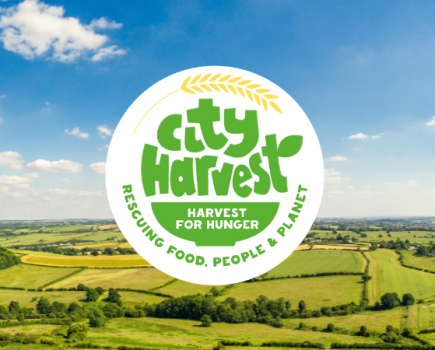Oh dear, we’ve done a trade deal with Trump.
I don’t know how many of you watched the live broadcast from the Oval Office. It made extremely unsettling viewing, with a typically bombastic Trump running the event like it was a reality TV show.
Food did get a passing mention. British consumers were in for a treat as they would soon be able to access more and more US food products with reduced tariffs. The details are still to be haggled over in coming weeks and months, but the last time a British government agreed to reduce tariffs on US food imports, almost exactly 100 years ago, things didn’t turn out too well for British farmers.
My family was farming near Lewes in East Sussex in 1921 when PM David Lloyd George broke his promise to farmers not to water down or repeal the Corn Production Act without plenty of notice. He’d brought in the act to boost domestic grain production during the First World War.
To start with the deal had no impact, as it took four or five years for US agriculture to gear itself up to exporting grain to the UK. Railroads had to be laid to get wheat from the prairies in the mid-west to the eastern seaboard ports of the US. Ships had to be built to bring the grain across the Atlantic. Facilities in ports like Liverpool had to be created to unload large quantities of crops.
This fooled a lot of farmers into thinking there was nothing to worry about. But once the grain started to pour into the country, and at a price few British farmers could compete with, the impact on farm incomes was devastating.
So catastrophic was the decline in grain prices that my father was forced into the merchant navy at the tender age of 15 as my grandparents simply could no longer afford to feed and clothe him.
It would be nice to think that we won’t see a repeat of all that, but there are worrying signs that UK farmers are already in trouble less than five years after we left the farmer-friendly EU.
A terrible precedent was set, in terms of food trade agreements, only a few months after Brexit by Liz Truss when she was trade secretary. She signed agreements with Australia and New Zealand that will see UK farmers exposed to unlimited quantities of tariff-free exports of beef, lamb and butter from two of the lowest-cost food producing countries on earth, and, in the case of Australia, with farm animal welfare standards that would not be tolerated here.
And our Labour government has already signed a trade deal with India that will allow food into the UK that can be produced using an array of agri-chemicals that British farmers are banned from using.
As in 1921, the priority for British governments is not ensuring a high level of UK food self-sufficiency. Instead, the policy is to import food from wherever it can be sourced in the world combined with the opportunity to export UK manufactured goods abroad.
For more like this, sign up for the FREE South East Farmer e-newsletter here and receive all the latest farming news, reviews and insight straight to your inbox.







